Famed comedian and member of Monty Python, John Cleese has earned the ire of Twitter after making comments about just how English he feels London currently is. He's been accused of racist dog whistling in his choice of words, as well as his associated comment about Brexit.
Back in 2011, Cleese had declared that London felt like a foreign city, with English culture disappearing. Now, he's doubled down on the comment.
And it's not like we're just making that conjecture. He says as much himself.
Mr. Cleese had told a story back in 2011 about a friend visiting his home country.
"I had a Californian friend come over two months ago, walk down the King's Road and say to me 'well, where are all the English people?'
"I love having different cultures around but when the parent culture kind of dissipates you're left thinking 'well, what's going on?'"
In both his statement in 2011, and his tweet earlier this week, Cleese makes the argument that London is somehow no longer English, and that friends from outside the city agree with him.
Cultures change. It is their natural state. If a city doesn't feel 'English' anymore, maybe you should ask yourself a question.
What does that even mean?
This takes a lot to explain but stay with me here. I promise there's a point.
The population of the Greater London area is about 8.8 million people, with about 3.3 million being born outside the United Kingdom. Of those who are foreign born, the most common originating country is India.
London's population hasn't been this high since World War II, at the height of the British Empire. After the war and the effective dismantling of the empire, London's population fell to 6.6 million by 1981.
However, a population boom in the 1980s brought about thanks to increased migration made the city a powerhouse in culture and economics.
What this all means, is that London has pretty much always been a hub of for those born outside of the country. Its strongest asset has been its diversity.
Even so, India as the highest country of origin for people living in the city, shows the strong effect Great Britain had on the world when it was a massive empire.
If anything, it would seem Britain has a much stronger effect on other countries, than those countries would have on its culture.
Case in point: did you know John Cleese last November decided to quit living in the UK and moved to Nevis, a small island in the Caribbean Sea?
We know.
I can guess what you're thinking.
'So, the city is changing, Mr. Cleese doesn't like it changing, even though it's always been changing. That makes him a fuddy-duddy, but not racist.'
Well, it's slightly more complicated than even that. People have constantly using these kinds of claims as an attack on their country.
Cleese's comments echo sentiments of a "great replacement" theory that claims foreign cultures are invading certain countries, pushing out the people currently there. It is largely discredited, what with the whole 'Cultures are always changing' bit up there.
But it's the claim that what has changed, has removed in ill-defined sense of what made the city what it was. A constant influx of immigrants for centuries has somehow only now made the city feel not quite right.
Why does Cleese feel the city is no longer English?
The most painful part of all of this is Cleese's sentiment has the likes of Paul Joseph Watson, an alt-right conspiracy theorist, agreeing with him.
On the other hand, somehow Piers Morgan is the one standing against him.
How? How are we on the side of Piers Morgan?
This is all without even touching the massive debate that is Brexit, of which Cleese has been a somewhat reluctant proponent.
The comedian has said that he would like to see European Union commission reformed, but if that isn't possible, the country should leave.
He does admit that no one knows what the economic impact of that would be though.

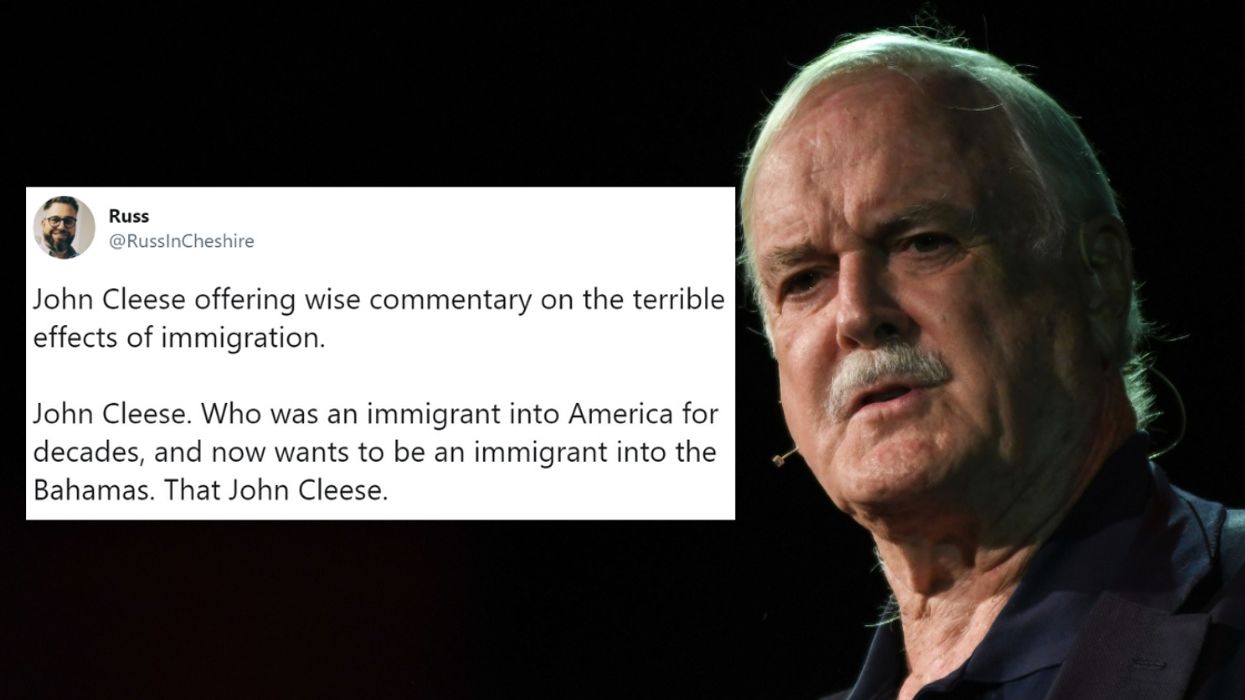



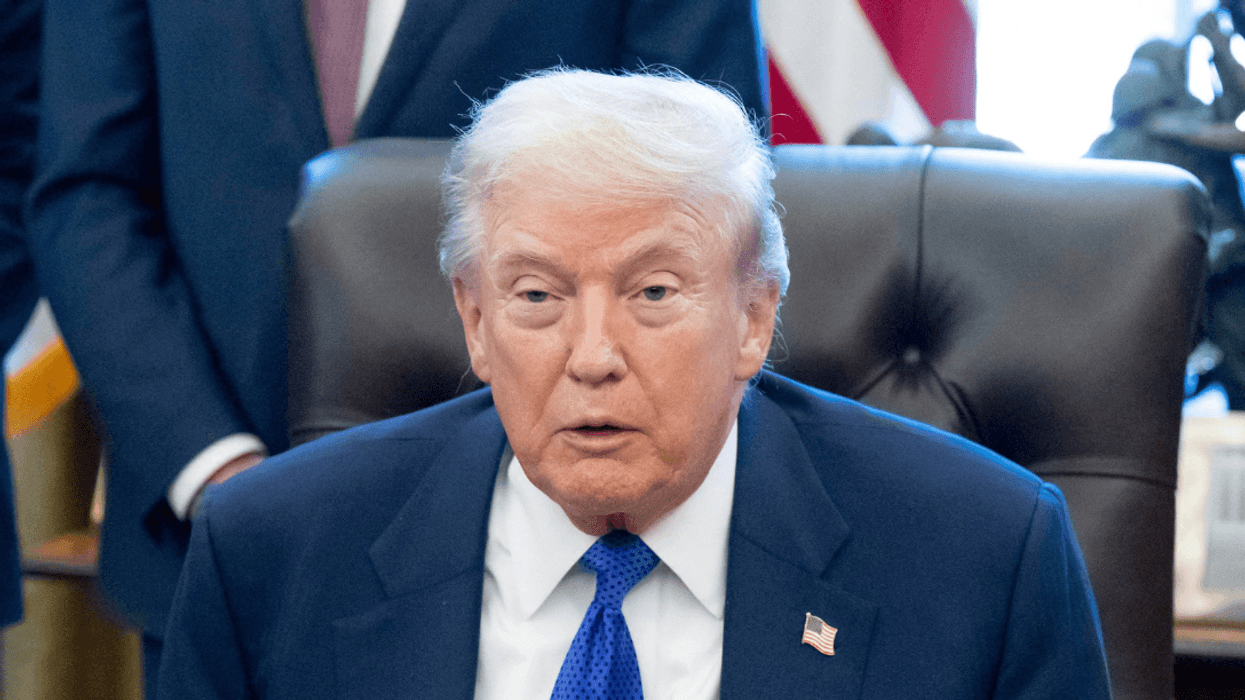


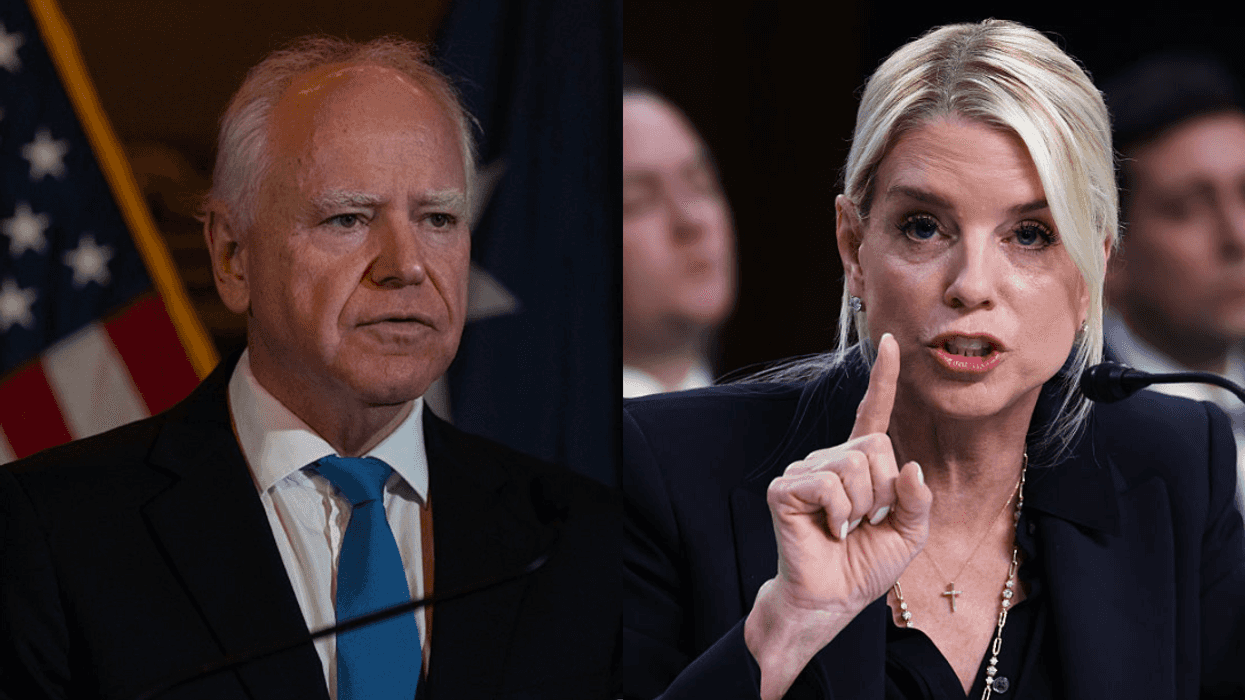





 @obamaatredrobin/X
@obamaatredrobin/X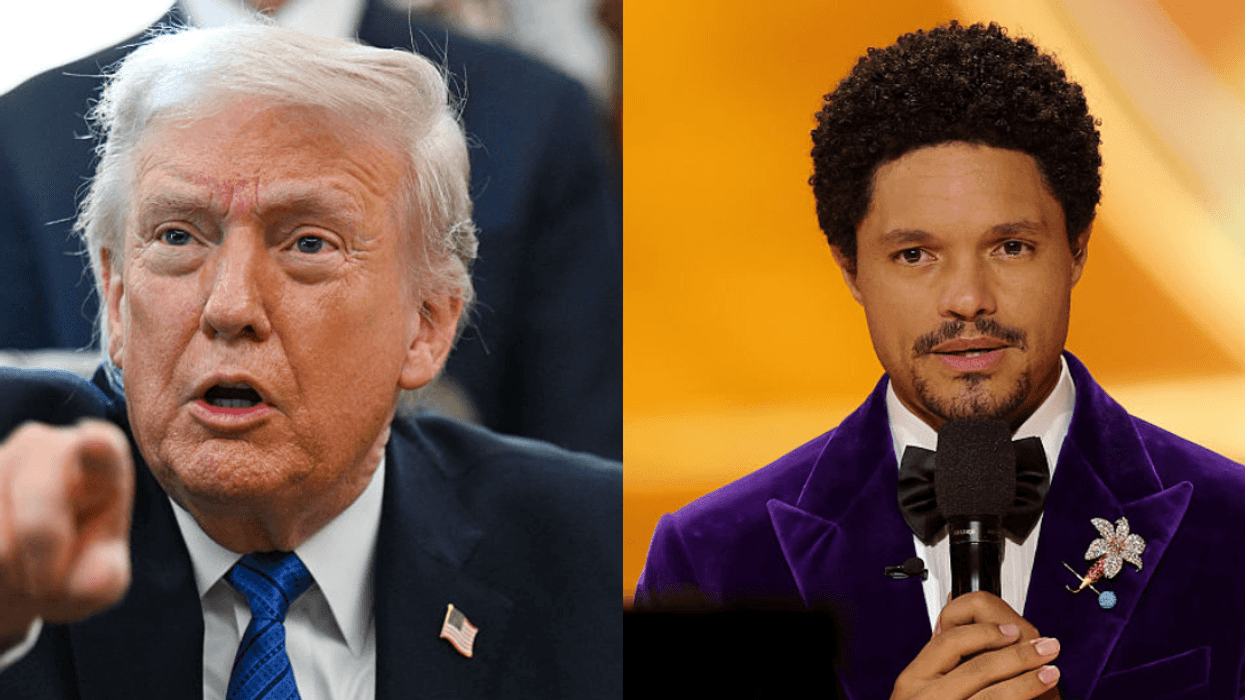
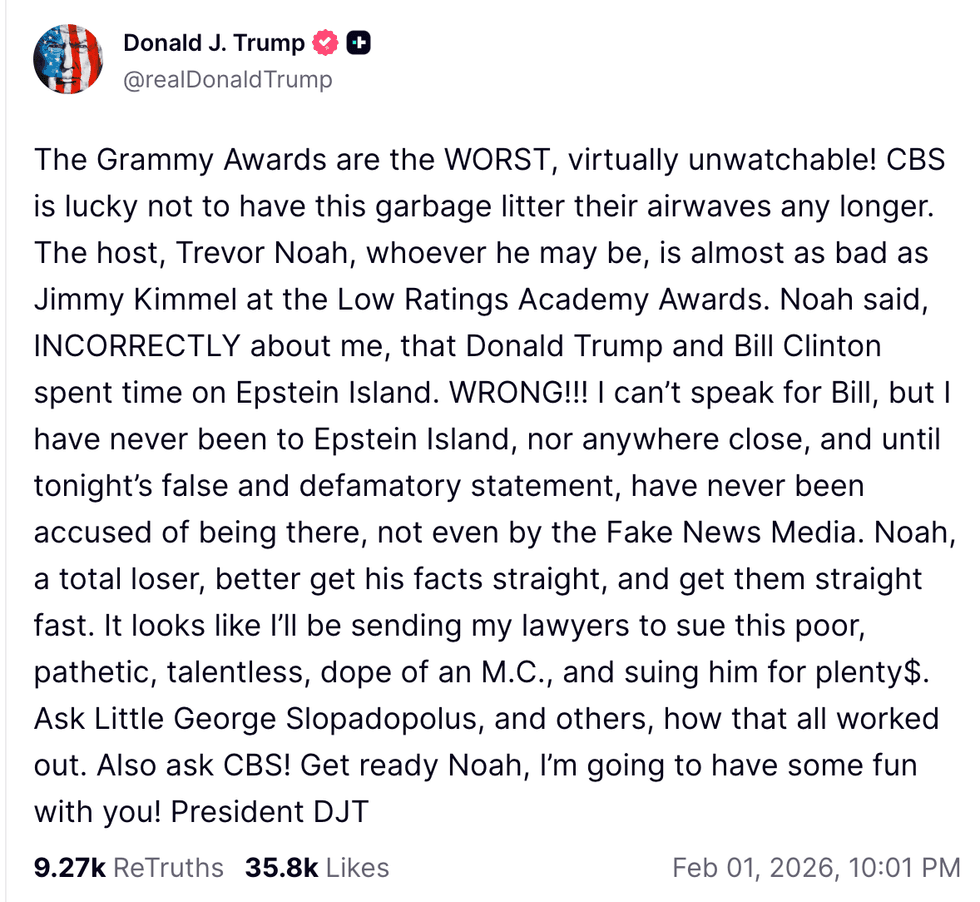 @realDonaldTrump/Truth Social
@realDonaldTrump/Truth Social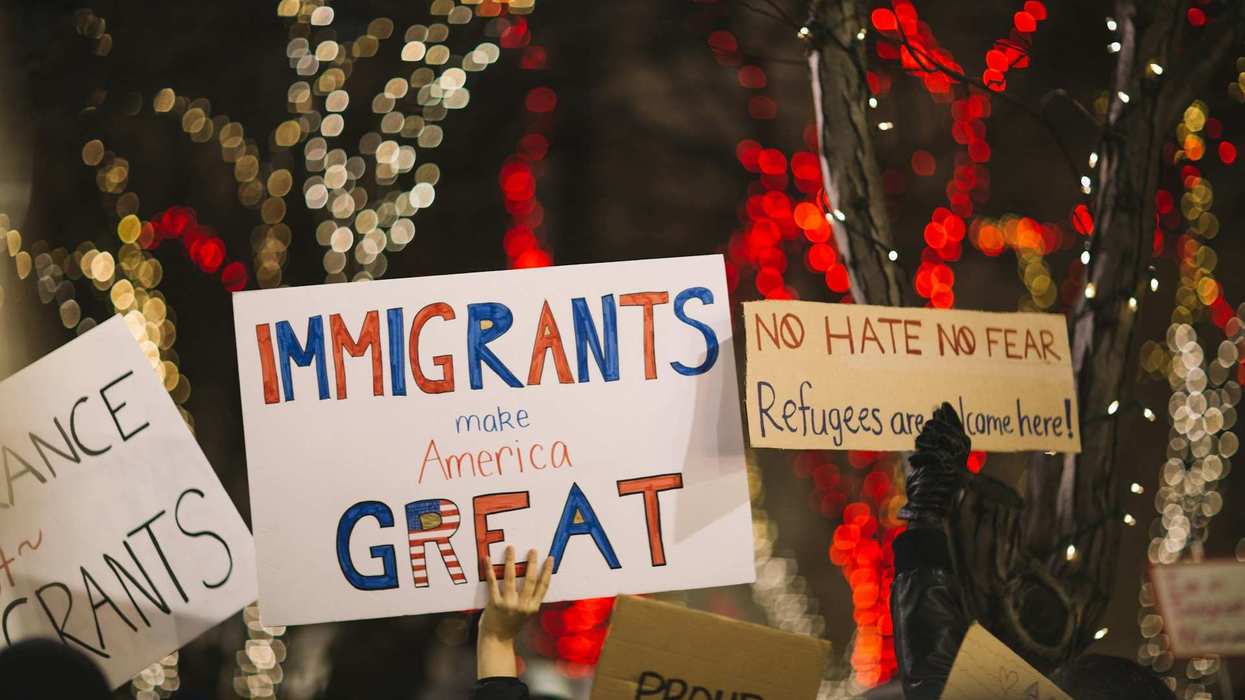

 @.a.zan/TikTok
@.a.zan/TikTok @.a.zan/TikTok
@.a.zan/TikTok @.a.zan/TikTok
@.a.zan/TikTok @.a.zan/TikTok
@.a.zan/TikTok @.a.zan/TikTok
@.a.zan/TikTok @.a.zan/TikTok
@.a.zan/TikTok @.a.zan/TikTok
@.a.zan/TikTok @.a.zan/TikTok
@.a.zan/TikTok @.a.zan/TikTok
@.a.zan/TikTok @.a.zan/TikTok
@.a.zan/TikTok @.a.zan/TikTok
@.a.zan/TikTok @.a.zan/TikTok
@.a.zan/TikTok @.a.zan/TikTok
@.a.zan/TikTok @.a.zan/TikTok
@.a.zan/TikTok @.a.zan/TikTok
@.a.zan/TikTok